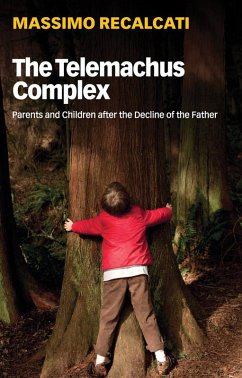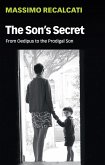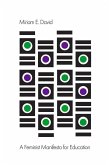Fatherhood today is in crisis. Fathers have gone missing, or have become their children's playmates, and the symbolic authority of the father has lost its power. What remains of the father today in the wake of this decline, and what should the relation between children and parents now be?
In addressing these questions, Massimo Recalcati draws inspiration from the story of Telemachus in Homer's Odyssey. The Telemachus complex is the reverse of the Oedipus complex. Recalcati argues that children are possessed not just with a desire to annihilate their father, as their key rival in the contest to win the mother's love, but also with a longing for a father-figure, as someone who brings meaning, structure and order to their lives and who imbues them with a sense of the future.
This fresh and insightful account of the changing relations between parents and children in the era of the decline of the father will be of great interest to a wide general readership.
In addressing these questions, Massimo Recalcati draws inspiration from the story of Telemachus in Homer's Odyssey. The Telemachus complex is the reverse of the Oedipus complex. Recalcati argues that children are possessed not just with a desire to annihilate their father, as their key rival in the contest to win the mother's love, but also with a longing for a father-figure, as someone who brings meaning, structure and order to their lives and who imbues them with a sense of the future.
This fresh and insightful account of the changing relations between parents and children in the era of the decline of the father will be of great interest to a wide general readership.
Dieser Download kann aus rechtlichen Gründen nur mit Rechnungsadresse in D ausgeliefert werden.
'With his customary blend of wisdom, acumen and wit, Recalcati travels deep into the world of Odysseus to re-tell the story of Telemachus for our times. This book shows the Italian master at his thought-provoking best. All fathers shall prescribe it to their children!'
Dany Nobus, Professor of Psychoanalytic Psychology, Brunel University London
Dany Nobus, Professor of Psychoanalytic Psychology, Brunel University London









